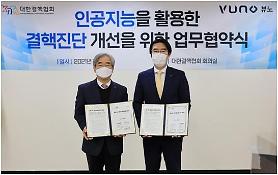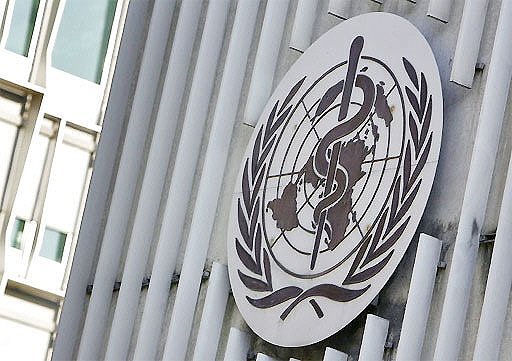
Dubbed the "PaMZ" regimen, the drugs killed more TB bacteria than standard therapy and at a faster rate in a so-called Phase IIb trial, usually the penultimate step in vetting new treatments for safety and effectiveness, investigators said.
If funding is found, PaMZ will move to Phase III tests by the end of the year, their backers, TB Alliance, said.
Doctors are deeply worried by the emergence of tuberculosis bacteria that fail to respond to frontline antibiotics.
These resistant strains are especially dangerous for people co-infected with the human immunodeficiency virus (HIV), which causes AIDS. HIV attacks CD4 immune cells, leaving the body exposed to opportunistic microbes.
PaMZ comprises two candidate drugs that are not yet licensed for use against TB, called Pa-824 and moxifloxacin, deployed with an existing treatment, pyrazinamide.
The treatment, which is administered as tablets, was formulated specifically for patients believed to have TB strains that can be targeted by these drugs.
The trial reported at the 20th International AIDS Conference in Melbourne entailed testing PaMZ against standard drugs - isoniazid, rifampicin, pyrazinamide and ethambutol - among 207 volunteers in South Africa, a fifth of whom were co-infected with HIV.
Of these, 181 were sensitive to the PaMZ drugs, while 26 were multidrug-resistant (MDR), meaning that they had failed to respond to conventional antibiotics.
It found that 71 percent of people treated with PaMZ were cleared of TB bacteria in their sputum within two months. By comparison, only 38 percent of those on standard therapy were clear at eight weeks.
By Ruchi Singh
Copyright ⓒ Aju Press All rights reserved.



